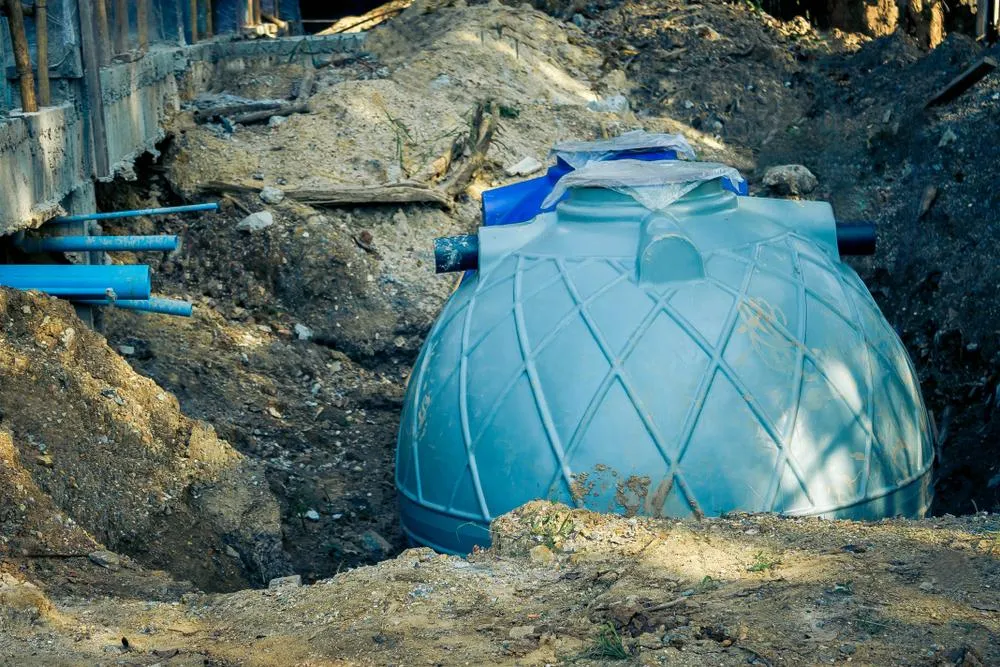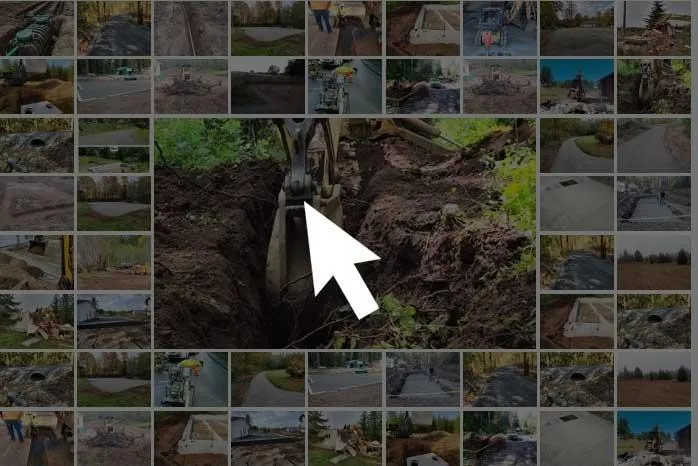The Royal Flush - Design, Install & Repair
Licensed, Bonded & Insured | Family Owned & Operated Since 1965
Licensed #WI DNR, MI EGLE
WLWCA Members | MSHA Certified
Septic System Blog

A Guide to Septic Holding Tanks Near Grand Isle County, Vermont
Septic holding tanks near Grand Isle County, Vermont, play a vital role in managing waste for many homes, particularly in rural areas. For residents in this region, understanding the essentials of septic holding tanks can ensure proper maintenance and longevity of their waste management systems. This guide aims to answer common questions about these tanks and provide useful tips for their upkeep.
What is a Septic Holding Tank?
A septic holding tank is a large, underground container designed to temporarily hold wastewater from a home. Unlike septic systems that treat and disperse wastewater into the ground, holding tanks simply store the waste until it can be pumped out and transported to a treatment facility.
How Do Septic Holding Tanks Work?
Septic holding tanks are connected to a home’s plumbing system. Wastewater from sinks, toilets, and showers flows into the tank, where it is stored. Once the tank is full, a professional service pumps out the waste and transports it to a treatment facility.
Why Might a Home in Grand Isle County Need a Septic Holding Tank?
Homes near Grand Isle County, Vermont, might use septic holding tanks for several reasons:
Soil Conditions: Some areas have soil that is unsuitable for a traditional septic system, making holding tanks a better option.
Space Constraints: Limited space on a property might prevent the installation of a full septic system.
Temporary Solutions: Holding tanks can serve as temporary waste management solutions during the construction or repair of a primary septic system.
What are the Maintenance Requirements for Septic Holding Tanks?
Proper maintenance of septic holding tanks is crucial to prevent issues and ensure their efficiency. Here are some key maintenance tips:
Regular Pumping: Depending on the tank's size and household usage, regular pumping is essential. A typical schedule might be every 3 to 6 months, but this can vary.
Inspections: Periodic inspections by a professional can identify potential problems early, such as leaks or cracks.
Water Conservation: Reducing water usage in the home can extend the time between pumpings. Fixing leaks and using water-efficient fixtures can help.
What are the Signs That a Septic Holding Tank Needs Pumping?
Knowing when to pump your septic holding tank is critical. Here are some common signs that it’s time to call a professional:
Slow Drains: If sinks, showers, or toilets are draining slowly, it might indicate that the tank is full.
Odors: Foul odors around the tank or inside the home can signal that the tank needs to be emptied.
Overflow: Any sign of wastewater pooling around the tank or backing up into the house is a clear indication of a full tank.
Frequently Asked Questions
Q: How do I find a reliable septic service near Grand Isle County?
A: Look for local companies with good reviews and proper certifications. Asking neighbors for recommendations can also be helpful.
Q: Can I install a septic holding tank myself?
A: It is highly recommended to hire a professional for installation to ensure it meets local regulations and is properly installed.
Q: How much does it cost to pump a septic holding tank?
A: The cost can vary depending on the tank's size and location, but typically ranges from $200 to $400 per pumping session.
Q: Are there environmental concerns with septic holding tanks?
A: Yes, if not properly maintained, septic holding tanks can leak, contaminating the groundwater. Regular maintenance and inspections are essential to prevent environmental issues.
Q: Can I use septic tank additives to reduce pumping frequency?
A: While some additives claim to reduce solids, they are generally not recommended by professionals as they can disrupt the natural bacterial processes in the tank.
Conclusion
Septic holding tanks are an essential component for many homes near Grand Isle County, Vermont, particularly in areas where traditional septic systems are not feasible. Proper maintenance, including regular pumping and inspections, is crucial to ensure the system operates efficiently and does not pose environmental risks. By understanding how these tanks work and adhering to maintenance guidelines, homeowners can ensure their waste management system remains effective for years to come.
For those considering the installation or needing maintenance of a septic holding tank, consulting with a local professional can provide tailored advice and services. Taking these steps will help maintain a healthy and functioning waste management system in your home.

AVOID COSTLY MISTAKES:
Do NOT hire an excavating contractor without first reading our free guide:
The ULTIMATE Excavation & Septic "Success Guide."

See Photos!
We Offer Septic Services Near You!
If you don't see your specific area contact us and we may still be able to help or give a referral.
All rights reserved | Privacy policy





